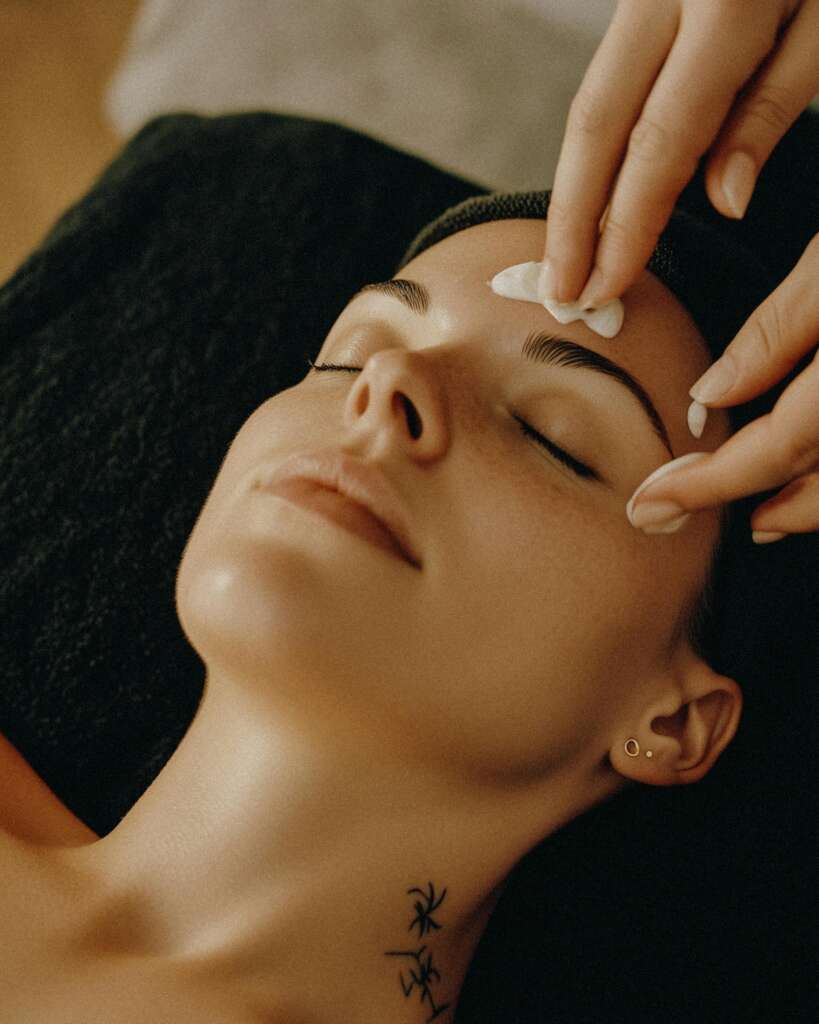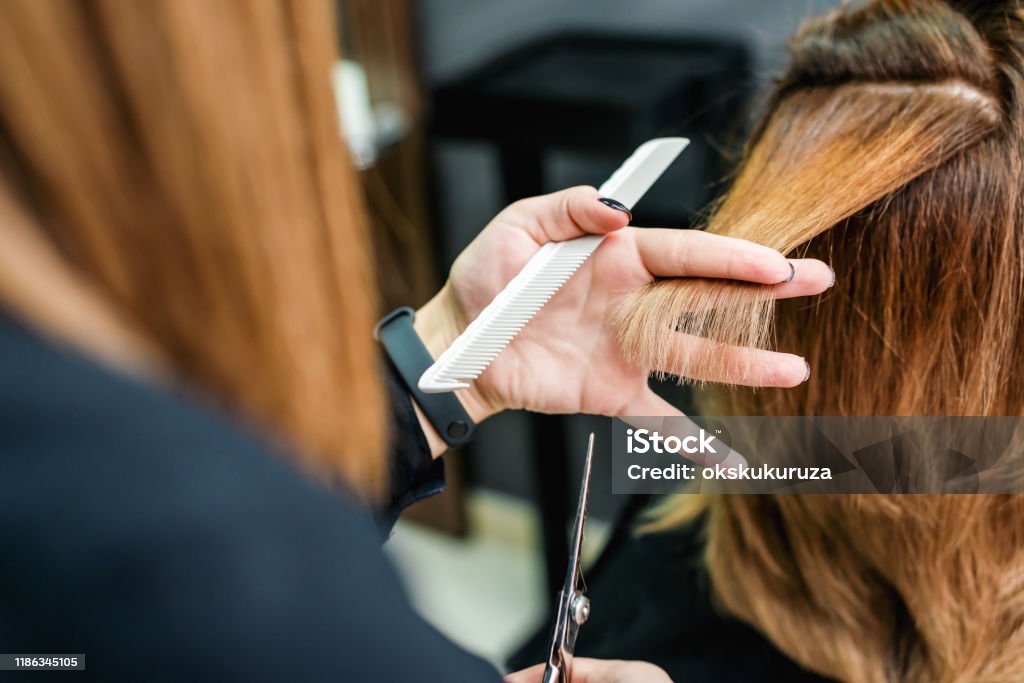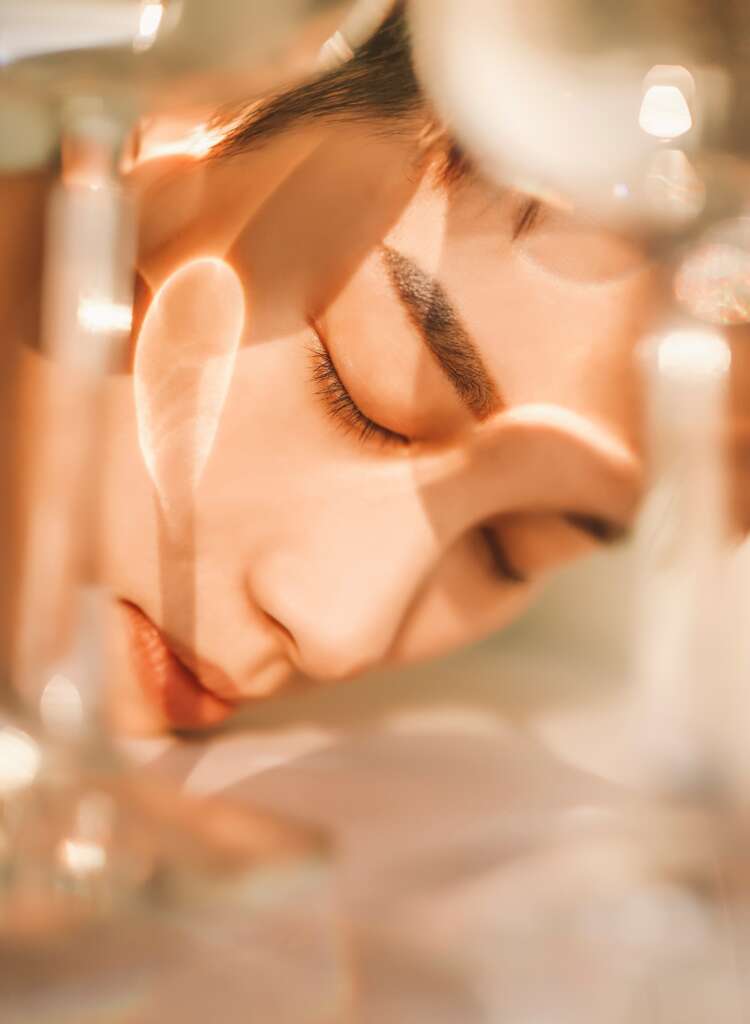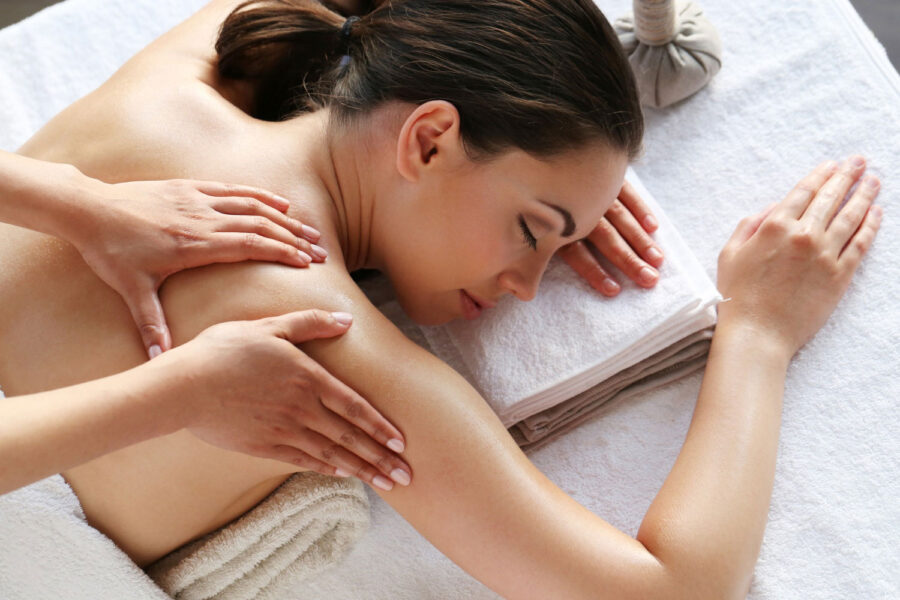A beauty salon is generally classified as a service-based business within the personal care and beauty industry. It provides services related to grooming, aesthetics, and wellness. Beauty salons can offer a variety of services depending on their focus, including hair care, nail care, skin treatments, makeup, and more.

Here’s a breakdown of what type of business a beauty salon is:
1. Service Industry Business
- Primary Classification: Beauty salons offer non-tangible services rather than products. They focus on enhancing the appearance and well-being of their clients through various treatments.
- Common Services: Haircuts, hairstyling, coloring, manicures, pedicures, facials, waxing, massage, and makeup application.

2. Small Business/Entrepreneurial Venture
- Many beauty salons are independently owned and operated by entrepreneurs or small business owners. The ownership models range from sole proprietorships to partnerships and corporations.
3. Personal Care Business
- Beauty salons fall under the personal care category, offering personalized grooming and wellness services tailored to the needs of individuals.
4. Retail and Service Hybrid
- In addition to offering services, many beauty salons also sell retail products like shampoos, conditioners, skincare items, and other beauty products. This makes them a hybrid between a service business and a retail business.
5. Brick-and-Mortar or Home-Based Business
- Brick-and-Mortar: Most beauty salons operate out of a commercial space where clients come for appointments.
- Home-Based: Some salons operate from home, where the business owner provides services from a designated part of their house or even mobile salons that travel to clients.
6. Health and Wellness Business
- Some beauty salons offer services that are closely aligned with wellness, such as spa treatments, massages, and holistic skincare treatments. This places them in the health and wellness sector, which overlaps with the beauty industry.

7. Licensed and Regulated Business
- Beauty salons often require specific licenses and certifications to operate, particularly for services like hair treatments, facials, and nail care, where health and hygiene are critical. The business must comply with local health and safety regulations.
8. Franchise Business (in some cases)
- Some beauty salons operate as part of a franchise, which is a type of business where individuals own and operate a salon under an established brand name and follow a standardized business model.

